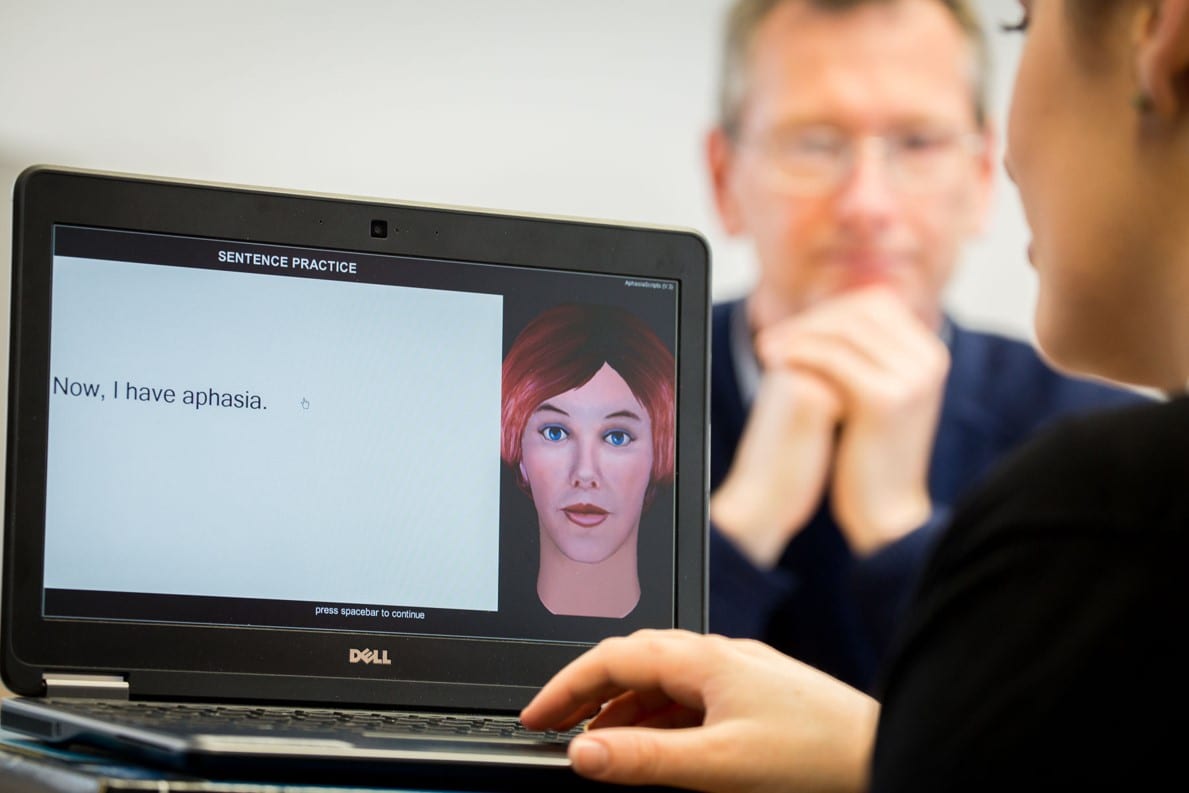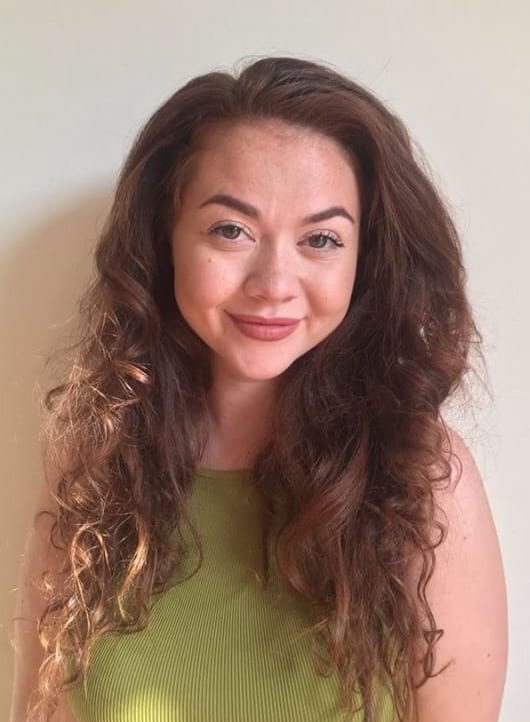 One of the biggest successes of this year has been the CommuniCATE Project. Your generous donations have enabled us to continue this vital initiative, helping stroke survivors overcome the loss of their ability to speak, read, write and understand language.
One of the biggest successes of this year has been the CommuniCATE Project. Your generous donations have enabled us to continue this vital initiative, helping stroke survivors overcome the loss of their ability to speak, read, write and understand language.
Aphasia is an acquired language disorder affecting approximately a third of people who survive a stroke and is caused by damage to the parts of the brain that control language. It can be life changing for those who experience it, impacting their relationships with family and friends, their ability to work, and to engage in social activities and hobbies. Over 400,000 people in the UK experience aphasia, putting many of them at severe risk of isolation and mental health issues.
The project brings together three strands:
- Research to find out if using technology in therapy can improve language and communication in people with aphasia, and if there are wider benefits for social participation and quality of life;
- An online conversation service for people with aphasia, using Skype to help reduce social isolation that is experienced by many stroke survivors;
- Supporting skill development in NHS clinicians and our students.
Indeed, it’s not only benefiting those who experience aphasia …
 City student Ellie Hatch, who is studying for a MSc in Speech and Language and Communication, is working on the CommuniCATE Project as part of an internship. One of the strongest motivators that she has encountered in her role, is seeing the joy on people’s faces as they get to grips with the life enhancing technology that the project works with. Clients who are sending their first emails to their family, and being present at that moment and getting to see the reactions on people’s faces, is incredibly inspiring.
City student Ellie Hatch, who is studying for a MSc in Speech and Language and Communication, is working on the CommuniCATE Project as part of an internship. One of the strongest motivators that she has encountered in her role, is seeing the joy on people’s faces as they get to grips with the life enhancing technology that the project works with. Clients who are sending their first emails to their family, and being present at that moment and getting to see the reactions on people’s faces, is incredibly inspiring.
Ellie told us why the project matters so much. “We are very much living in a modern world and technology is heavily integrated into the lives of most people. And the impact of using technology to support communication is often effective immediately. Unlike traditional therapy, clients may enter the clinic for their first therapy session and will have written a text to a loved one an hour later, something they may not have done since their stroke. Typically, adults that have strokes tend to be older and therefore may not feel confident or skilled enough to explore different technologies.”
Every day that Ellie spends on the project is a day that is spent looking forward to building strong and impactful relationships with the patients. The sense of achievement that she gets from this, confident that she is making a massive difference and with the knowledge that everyone who comes through the door will leave happier, is enormous. She really wants to see these tools and this software taken out into the wider community and will advocate for this in the roles that she undertakes after graduation.
As Ellie says “Those alumni and friends who are supporting the CommuniCATE Project are making such a positive impact on so many people. For my own part, and what it means for my experience, I cannot thank them enough!”